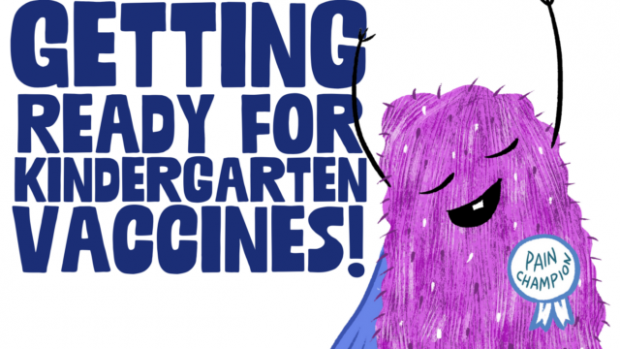
Breaking News
 OTOY | GTC 2023: The Future of Rendering
OTOY | GTC 2023: The Future of Rendering
 Humor: Absolutely fking hilarious. - Language warning not for children
Humor: Absolutely fking hilarious. - Language warning not for children
 President Trump's pick for Surgeon General Dr. Janette Nesheiwat is a COVID freak.
President Trump's pick for Surgeon General Dr. Janette Nesheiwat is a COVID freak.
 What Big Pharma, Your Government & The Mainstream Media didn't want you to know.
What Big Pharma, Your Government & The Mainstream Media didn't want you to know.
Top Tech News
 Forget Houston. This Space Balloon Will Launch You to the Edge of the Cosmos From a Floating...
Forget Houston. This Space Balloon Will Launch You to the Edge of the Cosmos From a Floating...
 SpaceX and NASA show off how Starship will help astronauts land on the moon (images)
SpaceX and NASA show off how Starship will help astronauts land on the moon (images)
 How aged cells in one organ can cause a cascade of organ failure
How aged cells in one organ can cause a cascade of organ failure
 World's most advanced hypergravity facility is now open for business
World's most advanced hypergravity facility is now open for business
 New Low-Carbon Concrete Outperforms Today's Highway Material While Cutting Costs in Minnesota
New Low-Carbon Concrete Outperforms Today's Highway Material While Cutting Costs in Minnesota
 Spinning fusion fuel for efficiency and Burn Tritium Ten Times More Efficiently
Spinning fusion fuel for efficiency and Burn Tritium Ten Times More Efficiently
 Rocket plane makes first civil supersonic flight since Concorde
Rocket plane makes first civil supersonic flight since Concorde
 Muscle-powered mechanism desalinates up to 8 liters of seawater per hour
Muscle-powered mechanism desalinates up to 8 liters of seawater per hour
 Student-built rocket breaks space altitude record as it hits hypersonic speeds
Student-built rocket breaks space altitude record as it hits hypersonic speeds
 Researchers discover revolutionary material that could shatter limits of traditional solar panels
Researchers discover revolutionary material that could shatter limits of traditional solar panels
Kindergarten Vaccine Exemptions Rise as More Parents Make Informed Decisions

However, when you start to dig deeper, you'll find that the evidence supporting their safety and effectiveness is often quite weak.
Since the rapid development of mRNA shots during the pandemic, many parents have been more proactive in making decisions about their children's vaccinations. Recent data from the U.S. Centers for Disease Control and Prevention (CDC)1 reflect this shift, revealing that more parents of kindergarteners are becoming selective about which vaccines their child receives, or are choosing to delay certain vaccinations.
This change is driven by an increase in the number of recommended vaccines for children, coupled with rising concerns about their adverse effects. While mainstream media portrays this development as concerning, I believe it reflects a positive shift toward greater awareness and a desire among parents to make informed decisions about their children's health care.
Fewer Parents Are Blindly Accepting the Scheduled Vaccines
According to the CDC,2 for the 2023 to 2024 school year, vaccination coverage among kindergartners decreased for all reported vaccines, with the percentage for the measles, mumps and rubella vaccine (MMR) at 92.7% and the diphtheria, tetanus and acellular pertussis vaccine (DTaP) at 92.3%.
These numbers fall below the 95% threshold recommended by the U.S. Department of Health and Human Services.3 The CDC has also noted a record increase in vaccine exemptions among kindergartners, with the percentage of children exempt from one or more required vaccines rising from 3% to 3.3% over the past year. This increase equates to approximately 80,000 to 127,000 children.4



